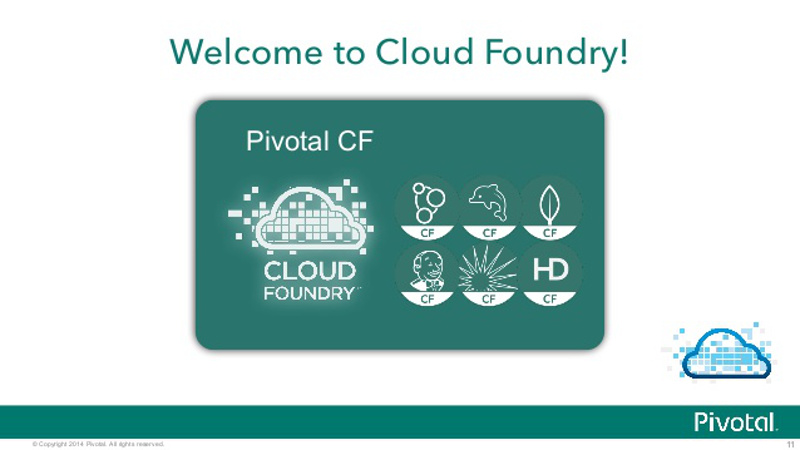 NEWS
NEWS
 NEWS
NEWS
 NEWS
NEWS
The aftershocks from Microsoft Corp.’s decision to release its .NET development framework under an open-source license last year have finally reached Pivotal Inc., which added support for the project to its commercial Cloud Foundry distribution this week. The move expands the appeal of the application platform to millions of additional software engineers in the Windows ecosystem.
That number increases even further when taking into account the budding communities emerging around the Linux and Mac OS X ports that were rolled out a few months ago. But the segment that will appreciate the addition of .NET support the most are enterprises that have standardized their internal development operations on the platform and as a result simply didn’t have the talent to take full advantage of Cloud Foundry before. It’s those same Microsoft shops that Pivotal is targeting with the other major feature that is rolling out as part of the update.
The development framework can now natively run on Redmond’s infrastructure-as-a-service platform and make use its management automation capabilities. That means administrators are able to centrally control the different components that make up their Pivotal Cloud Foundry deployments and handle resource allocation through the same interface they use for all their other Azure workloads. The combined productivity increase can be significant in large implementations with a lot of moving parts.
But Pivotal is not stopping there. To help further automate the platform, the company is complementing the new features in the update with a management suite that combines its Spring Java framework and key components from Netflix Inc.’s open-source cloud orchestration toolkit. The offering is touted as a way for organizations to streamline the deployment and maintenance of the applications they run on top of their Cloud Foundry implementations.
The improvements should go a long way towards preserving Pivotal’s position as the fastest growing business within the EMC Corp. federation. That momentum is only set to increase in the wake of the storage giant’s recently announced $67 billion merger with Dell Inc. given the latter’s special interest in the division, which will reportedly lead to a public offering sometime next year.
THANK YOU